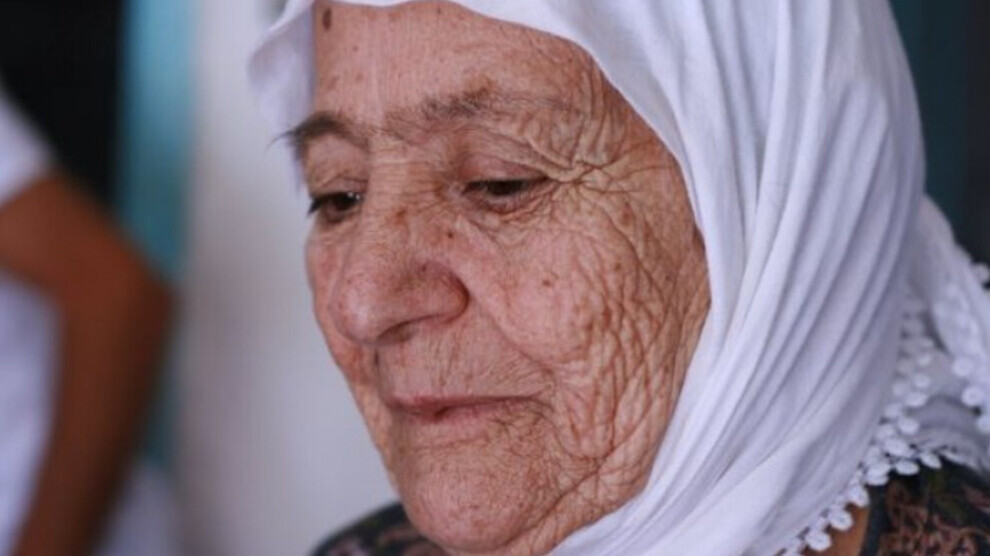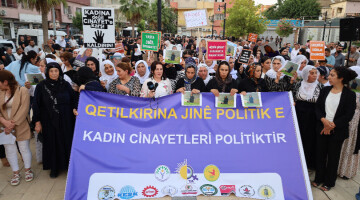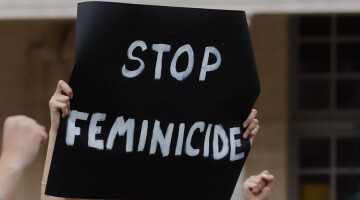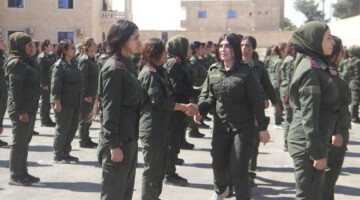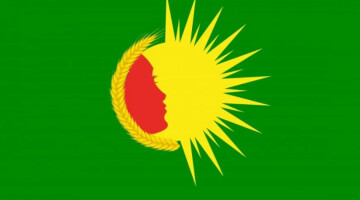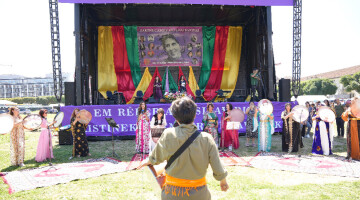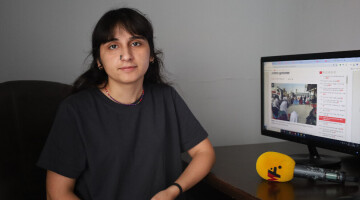Fatma İçin, a survivor of the 1937/1938 Dersim genocide, has died at the age of 95 in Kahta district of Adıyaman. For the collective memory of the Dersim community, her death means the loss of an important remembrance cultural symbol. Fatma İçin was one of the "lost daughters" of the Alevi Kurdish region, who were torn away from the environment of their family, their culture, language and faith by Turkish troops after the genocide and forcibly assimilated. Their name stands for the fate of thousands of girls and boys who experienced the process of extermination and expulsion and had to perform forced labour in an officer's family under the pretext of "civilisation", in return for which they were re-educated Sunni and Turkish according to the principles of the nation state.
"We had taken refuge in a cave. My uncle Hasan went through the mountains and said: 'The soldiers have surrounded us.' Some relatives were killed there. My mother was shot when she went to fetch water at night. My father took me to Ovacık. There they took me to an officer's house. My hair was shorn, then they put me in the bath. They dressed me in a short dress, socks and shoes. I wore a felt hat on my head. I only knew Kurdish. The officer pulled out his gun and told me: 'If you speak Kurdish again, I will kill you'."
With these words, Fatma İçin described the days after the genocide in the documentary film "Two Ringlets Of Hair- Lost Girls Of Dersim” by Nezahat and Kazım Gündoğan. The work is based on the reconstruction of the story of the suffering of abducted girls, exemplified by the fate of Fatma İçin and her cousin Huriye Arslan. It shows how the two girls experienced the process of extermination and expulsion, how they were abducted by the soldiers and what difficulties they had to go through after their deportation. The repression to which the girls were subjected, not least because of their forced Turkish-Sunni upbringing, their fears, thoughts of escape and their desperate search for a life in dignity and freedom are also recounted.

